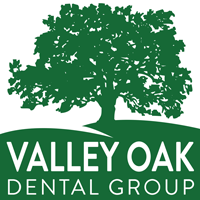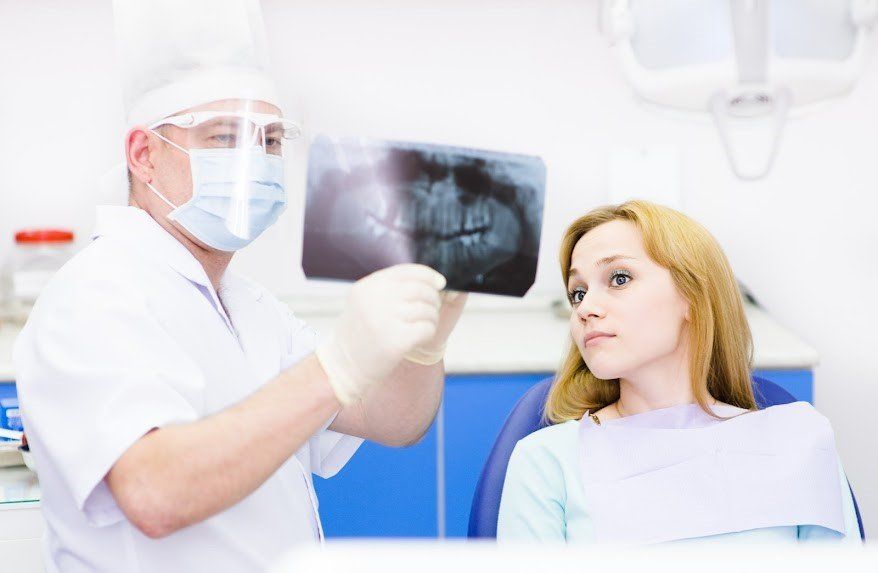Valley Oak Dental Group
The addition of a little fizz to your daily drink often provides unique tastes and flavors people prefer over flat water. Unfortunately, drinking too many carbonated beverages could result in some major problems for your teeth and gums down the line.
While you do not need to eliminate carbonated drinks all together, help protect your teeth and smile by knowing facts about the drinks and ways to ensure you have proper oral health.
1. Sodas and a Double-Dose of Danger
Drinking a non-diet soda isn’t just bad for your calorie intake and weight — the consumption of a sugary carbonated beverage has many consequences for teeth. Take a look at the sugar first.
The sugar presented in soda is liquid sugar. This means the sugar is not bypassing your teeth and gums to digest in the stomach. The sugar literally coats your teeth and gums, eating away at areas and causing potential cavities. If you crave a soda, try to choose a sugar-free option to prevent sugar exposure to your mouth.
The second problem associated with sodas is the carbonation used in the bottles and cans. The CO2 used in the soda goes through a chemical process which transforms into an acid. The acid is simply known as carbonic acid, and acid is not good for your teeth. The pH levels of the soda actually lower with the carbonation, and a lower pH is not good for your teeth.
Mainly, the acids will attack at the enamel on your teeth. The protective layer is essential for keeping your smile healthy and cannot be replaced once it has worn away. Even if you drink a diet soda with no sugar, the acids still present a danger to your tooth enamel.
A routine dental inspection will help check the enamel and any wear with your teeth.
2. Seltzer Water and Citric Acid
Many people who enjoy the fizz but want to eliminate sugar or sugar alternatives will drink seltzer water instead. Seltzer water is sold under a variety of different marketing terms all essentially meaning the same thing. As you shop, you may come across seltzer water, sparkling water, or bubbly water among others.
The facts remain the same. The drink contains CO2, and your teeth are still exposed to acids which could break down enamel. Another oral health concern found in seltzer water is the use of citric acid. The acid may be used to add flavors to the water, but ultimately will lower the pH levels in the water and create potential harm for your teeth.
Check the ingredients on the seltzer water to see if citric acid is added or not. Sometimes the acid may listed as “natural flavors,” so it may be hard to tell, but you should assume that flavors like lemon or grapefruit will have the increased acid.
3. Brushing Teeth After Carbonated Beverages
After the consumption of a carbonated beverage, a person may assume you should brush your teeth you try and get rid of the acid. In actuality, brushing your mouth right away may not be the best option. If your teeth have been exposed to acid, the enamel and teeth could be soft.
If you brush your soft teeth, more damage may occur. After you consume a carbonated beverage, rinse out your mouth with some water instead of going straight to the brush. Wait at least 30 minutes before brushing again.
4. Carbonated Beverages and Food
Want to prevent acids from breaking down enamel in your teeth? The best time to drink a carbonated beverage is when you eat a meal. The food you eat will help raise the pH levels back up and prevent your mouth from suffering from major damage due to acid.
Anytime you crave a carbonated beverage, try to drink it with food or at least have a snack. The problems occur when you drink carbonated beverages on their own. The mixing of food and carbonated beverages typically applies to sugar-free options.
Consuming sugary beverages with food will still coat the teeth with sugar and increase the calorie consumption.
5. Carbonation Beverages and Temperature
Another way to lower the amount of acid exposed to your teeth is to consider the temperature of the beverage. When sodas and sparkling water are consumed at room temperature, the pH level will be higher, resulting in less acids exposed to your teeth. The colder the drink is, the lower the pH level will be. If you want a colder drink, add ice to the beverage instead of putting the drink itself in a fridge.
The world of drinks can be complicated when it comes to oral health. Being aware of your teeth, their condition, and the drinks you consume will help you achieve a healthy smile.
For more information on our dental services and processes, contact us at Valley Oak Dental Group. We can help you get a healthy smile, answer any questions you may have, and give you more tips about different drinks.
Share Post
Search Post
Recent Posts








